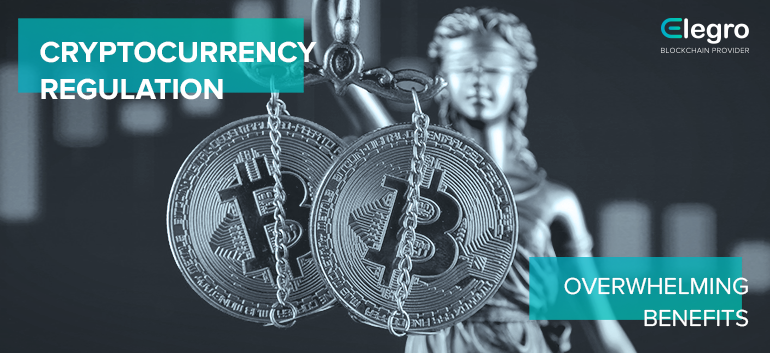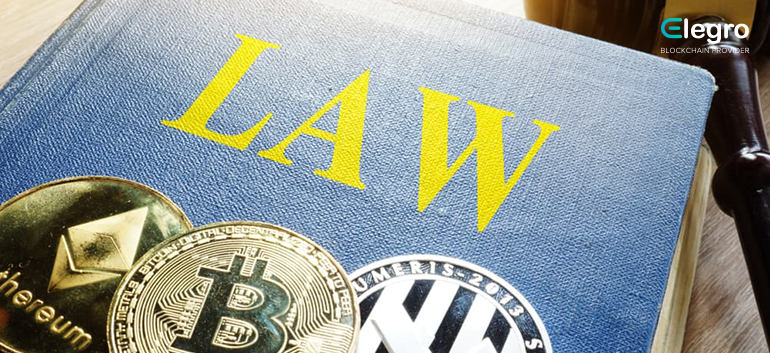Cryptocurrency Regulation: Overwhelming Benefits

More and more financial experts agree on the necessity to regulate cryptocurrencies. This is because anything unregulated and unregistered in the financial sphere usually causes doubts and uneasiness. Thus, cryptocurrencies operating outside of the conventions of a financial system greatly worry regulators. They associate decentralized digital currencies with such threats like money laundering, tax evasion and terrorist funding.
Well, the good news is that cryptocurrency regulation is coming its way. So, in November 2018, during last G20 Summit in Buenos Aires global leaders declared their concerns about the crypto industry. They signed the declaration mentioning the development of a common plan on the crypto market regulation.
Venezuela decree on cryptocurrency regulation
Following the G20 Summit the Government of Venezuela issued a decree to develop a legal framework of cryptocurrency circulation. The document consists of 63 articles. It establishes the regulations on buying, selling, using, distribution and exchange of digital assets and related products.

According to the decree, a large financial penalty will be imposed for conducting cryptocurrency activity without a relevant license. Venezuela’s “Constituent Decree on the Integral System of Crypto Assets” explains the rules of registration, audit and fine collecting. It also details how mining equipment can be confiscated for non-compliance. The document has come into force after the publication in the government press on 31 January.
The paper empowers President Nicolás Maduro to regulate the issuance and operation of Venezuelan cryptocurrency El Petro. As Bitcoin.com stated, “The purpose of the decree is to allow the use and exchange of crypto assets by natural and legal persons, resident or not, in the territory in order to advance the economic development of the nation.”
Evolving of Asia Crypto Valley
The next country to adopt cryptocurrency regulations became the Philippines. Its Cagayan Economic Zone Authority (CEZA) has developed a set of rules on acquisition and trading of cryptocurrency assets (including utility and security tokens) in the country. The regulations called the Digital Asset Token Offering (DATO) aim at effective crypto regulation and investors protection.
According to the document, a government-owned corporation becomes a main regulator in the crypto industry. The Asia Blockchain and Crypto Association (ABACA) is designated as a self-regulatory organization. CEZA as well has built an ecosystem of Virtual Currency Exchange. It will serve as a place to list tokens.
Firstly, CEZA believes its new rules will lay a basis for needed changes in fintech and blockchain industries. Its CEO, Raul Lambino, expects them to encourage the use of new technologies and increase investors’ safety. He explains, “The safeguards built into CEZA’s rules and system will lead to greater investor protection and transparency. Finally, the involvement of DA agents and experts bring in two competent and neutral third parties into the process to help ensure issuers are truthful and accurate.”
Conclusion
In conclusion, the growing adoption of cryptocurrencies forces world governments to recognise virtual currencies as real money. The Philippines and Venezuela serve vivid examples of that tendency reflection.
Though the word “regulation” sounds a bit murky, the compliance with commonly agreed rules will serve for the good. Reduced volatility and enhanced security will bring more parties to the crypto market. As a result, more traditional areas of businesses and financial institutions will expand their services to crypto.
The cryptocurrency regulation is inevitable. And, in our view, it has only advantages for the crypto market development.

Comments